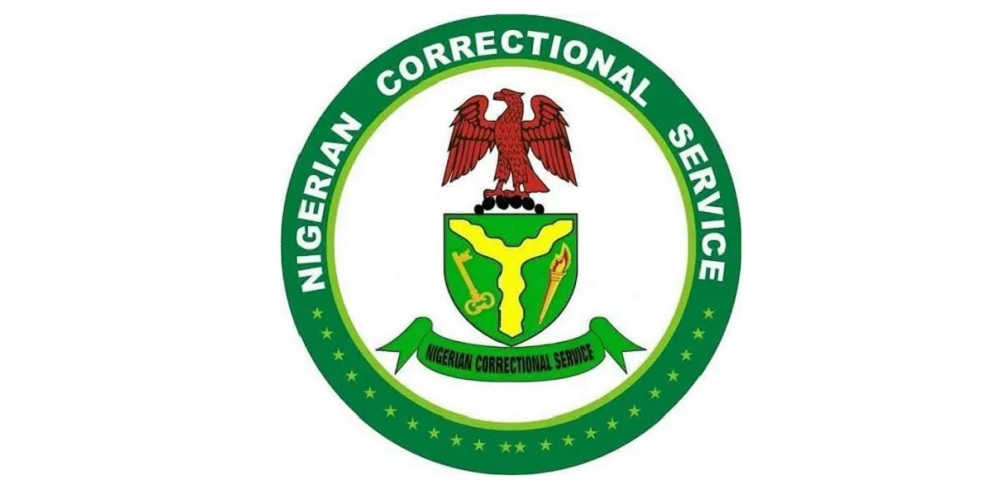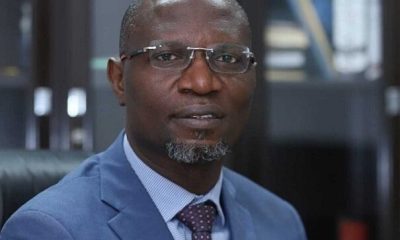News
Top 5 African countries with the highest alcohol consumption

Alcohol consumption varies across Africa due to differences in culture, social habits, and economic conditions. Some countries consume very little alcohol because of religious or cultural restrictions, while others have some of the highest consumption rates in the world.
In 2019, the World Health Organisation (WHO) published a report on alcohol consumption worldwide. The report aimed to help countries reduce harmful drinking and its negative effects. It showed that the highest alcohol consumption is found in Central Europe, the South Pacific, and parts of the Caribbean. In Europe, beer and wine are the most popular drinks, with countries like France and Germany leading because of their long history of producing and drinking alcohol.
On the other hand, countries like Bangladesh, Saudi Arabia, and Kuwait have the lowest alcohol consumption rates. This is largely due to religious rules that forbid drinking alcohol.
Below are the top five African countries with the highest per capita alcohol consumption (in litres of pure alcohol per year):
5. South Africa – 7.21 Litres
South Africa, a country known for its rich beverage industry, takes the fifth position with 7.21 litres per capita consumption annually.
South Africa has a strong wine culture due to its world-class vineyards and a thriving beer industry. Alcohol is a common feature at parties, gatherings, and social events. Wine and beer are the top choices, followed by spirits like brandy and whisky.
4. Burkina Faso – 7.28 Litres
Burkina Faso ranks fourth, with the average person consuming 7.28 litres of alcohol per year.
The cultural significance of traditional brews like dolo (a beer made from millet) influences consumption. Alcohol is often a key part of community celebrations and special events. Traditional drinks like dolo dominate, but some people in urban areas also drink commercial beer and spirits.
3. Eswatini – 7.68 Litres
Eswatini, a small country in Southern Africa, comes in third, with an annual per capita alcohol consumption of 7.68 litres.
Alcohol plays an important role in Eswatini’s social and cultural traditions, especially during ceremonies and gatherings. Affordable homemade brews also contribute to high consumption rates. Umqombothi (traditional beer) is widely enjoyed, along with commercially produced beers and spirits.
2. Tanzania – 7.81 Litres
Tanzania takes the second spot, with an average consumption of 7.81 litres per person each year. Alcohol is a big part of life in many Tanzanian communities.
Traditional homemade brews, like pombe (fermented beer) and banana beer, are deeply tied to Tanzanian culture. Urban areas also see an increasing preference for commercial beers and imported spirits. Alongside traditional brews, Tanzanians enjoy Konyagi (a local spirit), beer, and other alcoholic beverages.
1. Seychelles – 9.48 Litres
Seychelles, an island nation in the Indian Ocean, ranks as the highest alcohol consumer in Africa. Each person consumes an average of 9.48 liters of pure alcohol annually.
Seychelles’ strong tourism industry boosts alcohol consumption, with both locals and tourists enjoying a variety of beverages. Festive events and social gatherings also make alcohol a central part of the country’s culture. Beer and spirits are the most commonly consumed drinks, with wine gaining popularity among locals.
News
Easter: Ibas, wife, children worship at Rivers Government House chapel

Rivers State Administrator, Retired Vice-Admiral Ibok Ibas marked Easter on Sunday with a worship service at the Chapel of Everlasting Grace, Government House, Port Harcourt.
Ibas was accompanied by his wife, Dr. Theresa, their children, and key state officials including the Secretary to the State Government (SSG), Prof. Ibibia Lucky Worika, and his family.
A statement signed by the SSA media, Hector Igbikiowubo, said the administrator joined worshippers in a service filled with uplifting hymns and prayers for peace in Rivers State and the country.
Chaplain Pastor Barasin Ogan delivered a message, reminding the congregation of the transformative power of Christ and assuring them of divine justification, deliverance, healing, and righteousness through faith.
Special prayers were offered for President Bola Tinubu, Administrator Ibas, and the continued progress of Rivers State, reinforcing unity and faith as the foundation for a brighter future.
News
We have no abducted victim in our custody, says NCoS

The Nigerian Correctional Service (NCoS) has strongly denied reports linking it to the alleged kidnapping of a 12-year-old girl in Rivers state, describing the claims as false, malicious, and a figment of the writer’s imagination.
In a statement issued by the Service’s Public Relations Officer, Umar Abubakar, the NCoS said the allegation was aimed at misleading the public and tarnishing the image of the Service.
Abubakar stated that a thorough check of available records showed no inmate named “Chi Boy” is in custody at any facility under the Enugu State Command.
He added that the failure to provide the full names of the alleged inmate or the kidnapped victim further undermines the credibility of the report.
He emphasized that the NCoS is unaware of any kidnapping incident linked to its facilities in Rivers State or any other command, as claimed in a circulating press statement and viral video.
Abubakar also clarified that no investigative agency has tracked any suspected kidnapper to any correctional facility in either Enugu or Delta State Commands.
“Therefore, the Service is not in the position to confirm payment of ransom or whatsoever transaction as alleged in the fictitious report and video.
“The Service has no role in the said kidnap story, and as a security organization, it does not operate in isolation; rather, it partners with sister agencies to ensure adequate security. The Service will never turn down requests for investigation activities from sister agencies,” Umar said.
News
Netanyahu orders strikes on Hamas after truce rejection

Benjamin Netanyahu has said he has instructed Israel’s military to intensify pressure on Hamas after the Palestinian militant group rejected a temporary truce proposal.
In a televised address, the Israeli prime minister said that while war came with a heavy price, Israel had “no choice but to continue fighting for our very existence, until victory”.
On Thursday, Hamas rejected an Israeli proposal for a temporary pause in fighting, describing the offer as demanding “impossible conditions”.
Hamas currently holds 59 hostages, with 24 of them believed to be alive. It says it will only return them in exchange for the release of more Palestinian prisoners, a full Israeli withdrawal from Gaza, and a lasting truce, as called for in the now-defunct ceasefire agreement reached earlier this year.
Netanyahu’s remarks came after the Hamas-run health ministry in Gaza said Israeli strikes had killed more than 90 people in 48 hours.
Women and children were among 15 people who were killed overnight on Friday in the southern city of Khan Younis, according to hospital staff.
At least 11 of those who were killed were sheltering in a tent in the designated humanitarian zone of al Mawasi, where hundreds of thousands of displaced people are living, the hospital workers said.
A further four people were killed in separate strikes on the city of Rafah, including a mother and her daughter, according to Gaza’s European Hospital, where the bodies were taken.
Israel says its latest campaign is to put pressure on Hamas to release more hostages and ultimately agree to disarm and leave the territory.
For weeks, Israeli troops have also blockaded Gaza, barring the entry of food and other goods.
Last month, 15 aid workers were killed and buried in a shallow grave after being fired upon by Israeli troops.
Hamas’s armed wing said the fate of Israeli-American hostage Edan Alexander was unknown after a guard who was holding him was found killed.
On Tuesday, Hamas said it had lost contact with a group of militants holding Mr Alexander in Gaza.
-

 News23 hours ago
News23 hours agoDouble tragedy: Father, three children, maid killed in Osun road crash
-

 News23 hours ago
News23 hours agoSAD! SEC DG says “we can’t recover N1.3trn Nigerians lost to CBEX ponzi scheme”
-

 News21 hours ago
News21 hours agoNDLEA nabs bandits supplier with drugs concealed in private part(Photos)
-

 News13 hours ago
News13 hours agoIsrael’s remote controlled bulldozers breaking ground in Gaza war
-

 Sports16 hours ago
Sports16 hours agoBREAKING! Arsenal hammer relegation Bound Ipswich 4-0
-

 News13 hours ago
News13 hours ago70-hour Chess Marathon: Onakoya reportedly breaks record set by Norwegians
-

 News22 hours ago
News22 hours agoNUJ-FCT Chairman Urges Journalists to Embrace Spirit of Easter
-

 Sports15 hours ago
Sports15 hours agoEPL Results: Chelsea Boost UCL Hopes, Arsenal Win Big, Man United Lost

















